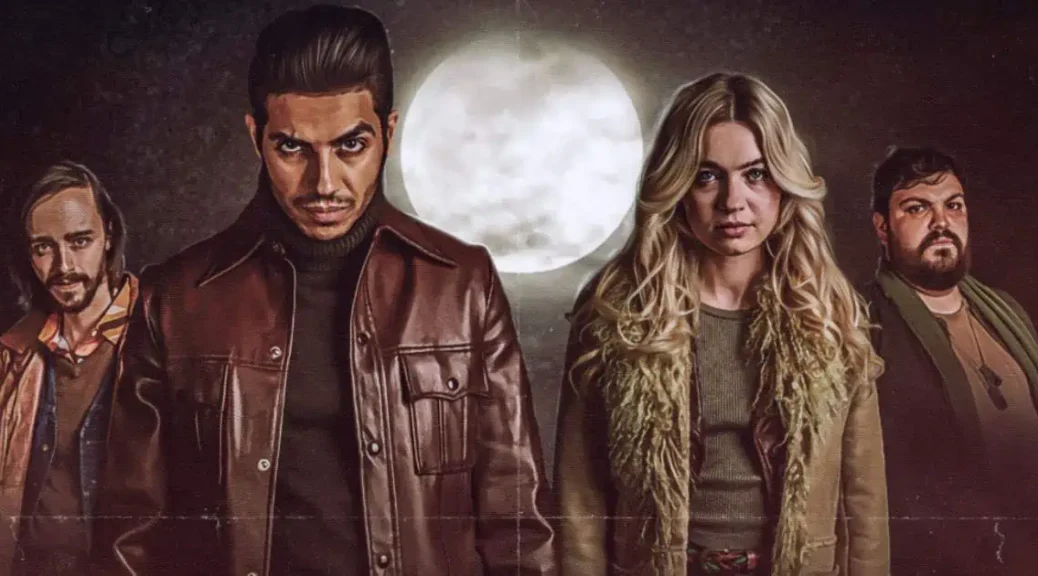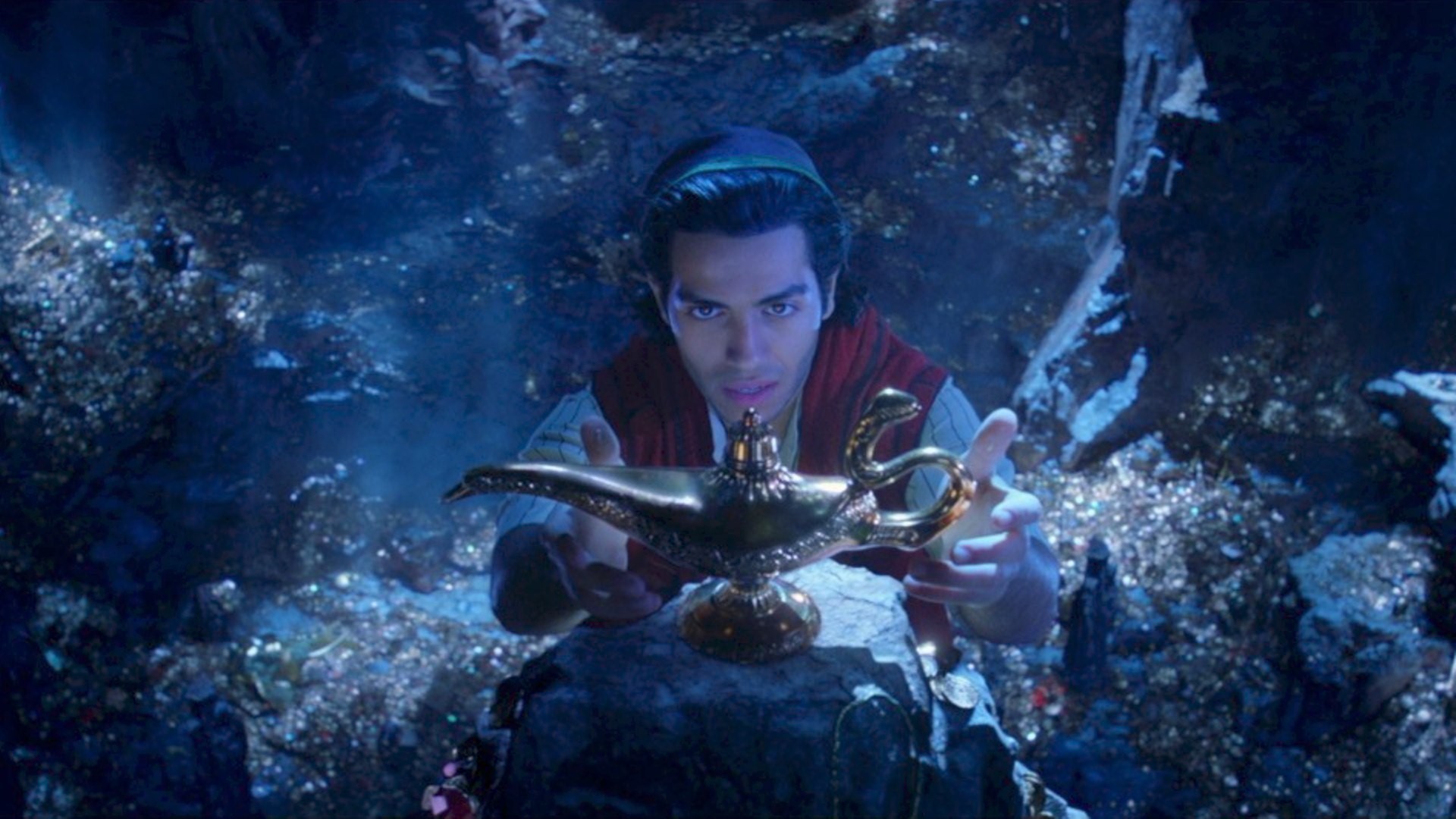The Sacrifice Game
by Hope Madden
The Holdovers by way of Blackcoat’s Daughter, Jenn Wexler’s latest mines the Manson-esque horror of the American Seventies for a new holiday favorite.
The Sacrifice Game opens on December 22, 1971. A homey suburban couple has just wished its last Christmas party guests a good night when the band of four who’ve been watching from the yard come a knocking.
And that’s the thing about the Seventies. People still answered the door to strangers.
Not every scene in Wexler’s era-appropriate gem sings quite like the opener, but genre fans will be hooked, and rightly so.
Nearby, in the Blackvale School for Girls, news of the murder spree has kids happier than ever to go home for holiday break. Except poor Samantha (Madison Baines) and weird Clara (Georgia Acken). Which means their teacher, Rose (Wexler favorite Chloë Levine) has to stay behind, too.
Just as they sit down for Christmas Eve dinner, a knock at the door.
Naturally, Rose answers.
Part of the reason The Sacrifice Game works as well as it does is the casting of the cultish murderers, each with a fully formed character and each somehow reminiscent of the kind of Satanic hippie villains that once gloriously populated trash horror.
Olivia Scott Welch convinces as former Blackvale girl turned bad while Derek Johns delivers a sympathetic turn as the misguided veteran. Laurent Pitre’s self-pity is spot on, but Mena Massoud’s narcissistic charm outshines them all.
There’s enough grisly material for the true horror moniker, but nothing feels gratuitous. Each scene serves a purpose, and all dialog allows characters to unveil something of themselves. The youngers in the cast are not quite as strong as the rest of the ensemble, but their relative weakness is not crippling.
The film looks fantastic, and though the storyline itself is clearly familiar, Wexler’s script, co-written with Sean Redlitz, feels consistently clever.
It’s a rare year to be gifted with multiple enjoyable holiday horrors, but 2023 already boasts Thanksgiving and It’s a Wonderful Knife. The Sacrifice Game more than merits a seat at the same table.



